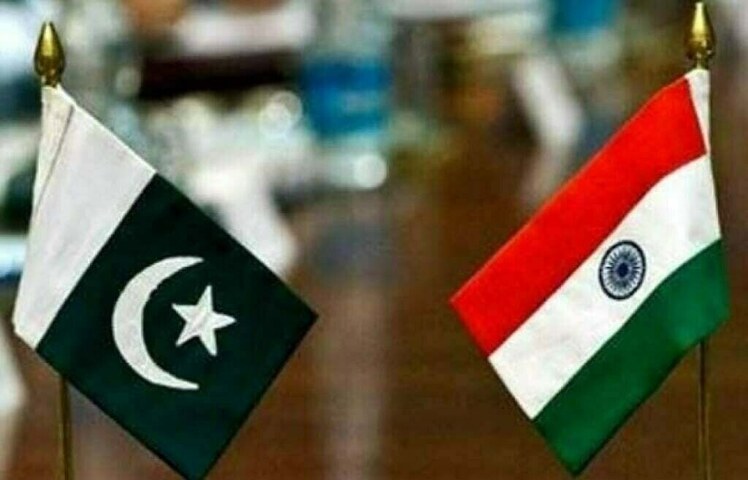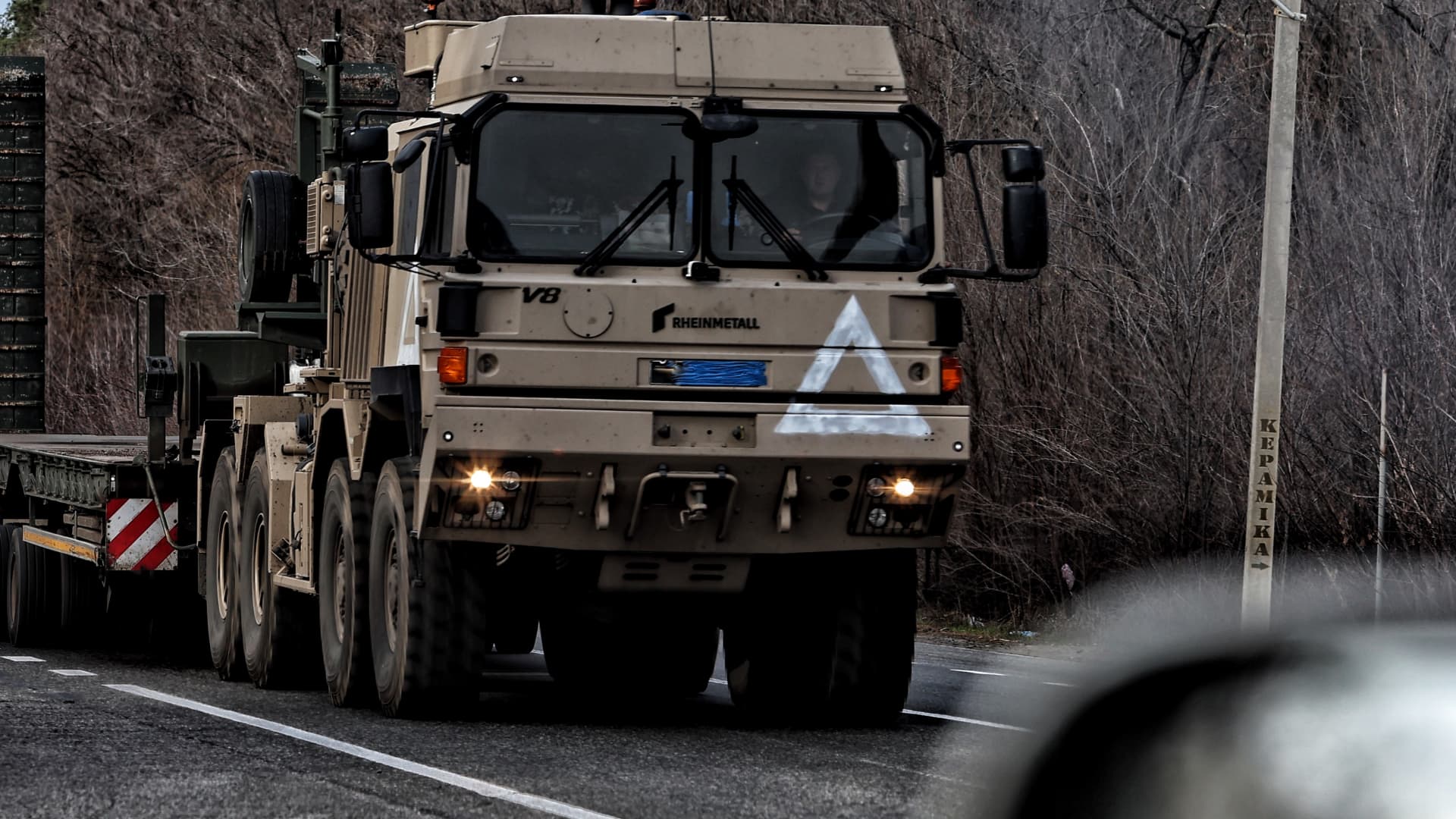By Recorder Report
Copyright brecorder

ISLAMABAD: The India Study Centre (ISC) at the Institute of Strategic Studies Islamabad (ISSI) hosted a seminar titled “Civilian Protection in Multi-Domain Conflicts: Legal and Humanitarian Perspectives on Operation Sindoor.”
Ahmer Bilal Soofi, a prominent international law expert and Pakistan’s former minister of law, graced the occasion as the Guest of Honour.
Speakers included Dr Marium Fatima, Assistant Professor, National Defence University (NDU), Muhammad Oves Anwar, Director of the Research Society of International Law (RSIL), and Amir Jahangir, CEO of Mishal Pakistan.
In his remarks, Ambassador Sohail Mahmood said that India used the recent Pahalgam attack as a pretext not only to launch completely unjustified and reckless military aggression on Pakistan, but also expected the world to accept its false narrative and bellicose intentions against Islamabad without providing even a shred of evidence.
In contrast, the international community saw Pakistan’s offer for a transparent, credible, and neutral international investigation into the matter as reasonable and a way to prevent a serious threat to international peace and security, he added.
Ambassador Sohail Mahmood noted that under the so-called ‘Operation Sindoor,’ India struck civilian areas in Pakistan and AJK — including residential neighbourhoods, mosques, and essential services, resulting in 40 deaths, including those of children and women. These actions were in clear violation of international humanitarian law and relevant resolutions of the UN Security Council, besides breaching the time-tested principles of inter-state relations.
The laws being violated by New Delhi during the course of ‘Operation Sindoor’ include Article 51 of the Additional Protocol of the Geneva Conventions of 1949, and the UNSC’s foundational resolution S/RES/1265 (1999) on protection of civilians in the armed conflict.
In his remarks, Ahmer Bilal Soofi presented a broad spectrum of international law and highlighted its interaction with political decision-making. He observed that while international law provides essential principles, political leaders at times prioritize their strategic preferences, which can overshadow legal imperatives. This, he explained, stems from the broader worldviews of states, making international law appear secondary in moments of political urgency.
He further underscored the importance of analyzing key issues within their proper context to avoid oversimplification and misrepresentation. Concluding his remarks, Soofi asserted that the issue of civilian killings in IIOJK should be addressed through legal and international channels, offering a structured pathway toward justice.
Dr. Talat Shabbir noted that the tragedy of Operation Sindoor has underscored the grim reality of how civilians often bear the brunt of military conflict in which the attacker does not care about the civilian casualties on the ground. Beyond conventional battlefields, multi domain conflicts—spanning land, air, cyber, and information spheres—create new complexities for civilian safety.
Oves Anwar underscored that, instead of pursuing justice, India exploits international law as a political weapon. He underlined that India’s targeting of civilian populations and infrastructures, especially Mosques, is driven by a ‘Hindutva’ and Islamophobic agenda.
In her remarks, Dr Marium Fatima said that civilians in Pakistan being targeted by India is not a new phenomenon. Even before ‘Operation Sindoor,’ civilians were subject to violence and human rights abuses by India, not only in the Indian Occupied Jammu and Kashmir but also in mainland Pakistan through its state-sponsored terrorism in Khyber Pakhtunkhwa and Balochistan.
Pakistan had credible evidence of Indian involvement in the Jaffar Express incident earlier this year. Lately, India has also been leveraging the US and Israeli tactics to counter dissent under the garb of counter-terrorism, of which civilians are frequent victims, she said.
Copyright Business Recorder, 2025



